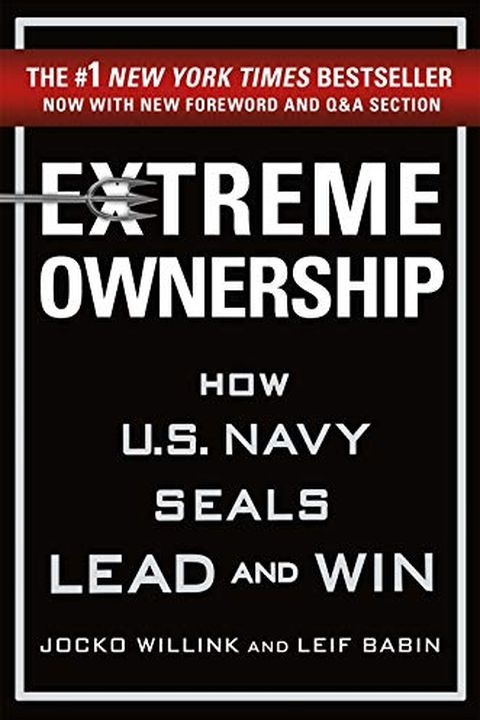Extreme Ownership Quotes
The test is not a complex one: when the alarm goes off, do you get up out of bed, or do you lie there in comfort and fall back to sleep? If you have the discipline to get out of bed, you win—you pass the test. If you are mentally weak for that moment and you let that weakness keep you in bed, you fail. Though it seems small, that weakness translates to more significant decisions. But if you exercise discipline, that too translates to more substantial elements of your life.
Implementing Extreme Ownership requires checking your ego and operating with a high degree of humility. Admitting mistakes, taking ownership, and developing a plan to overcome challenges are integral to any successful team.
the most fundamental and important truths at the heart of Extreme Ownership: there are no bad teams, only bad leaders.
When setting expectations, no matter what has been said or written, if substandard performance is accepted and no one is held accountable—if there are no consequences—that poor performance becomes the new standard.
Prioritize your problems and take care of them one at a time, the highest priority first. Don’t try to do everything at once or you won’t be successful.
Our freedom to operate and maneuver had increased substantially through disciplined procedures. Discipline equals freedom.
You can’t make people listen to you. You can’t make them execute. That might be a temporary solution for a simple task. But to implement real change, to drive people to accomplish something truly complex or difficult or dangerous—you can’t make people do those things. You have to lead them.
Leaders must always operate with the understanding that they are part of something greater than themselves and their own personal interests. They.
Belief in the mission ties in with the fourth Law of Combat: Decentralized Command (chapter 8). The leader must explain not just what to do, but why. It is the responsibility of the subordinate leader to reach out and ask if they do not understand. Only when leaders at all levels understand and believe in the mission can they pass that understanding and belief to their teams so that they can persevere through challenges, execute and win.
